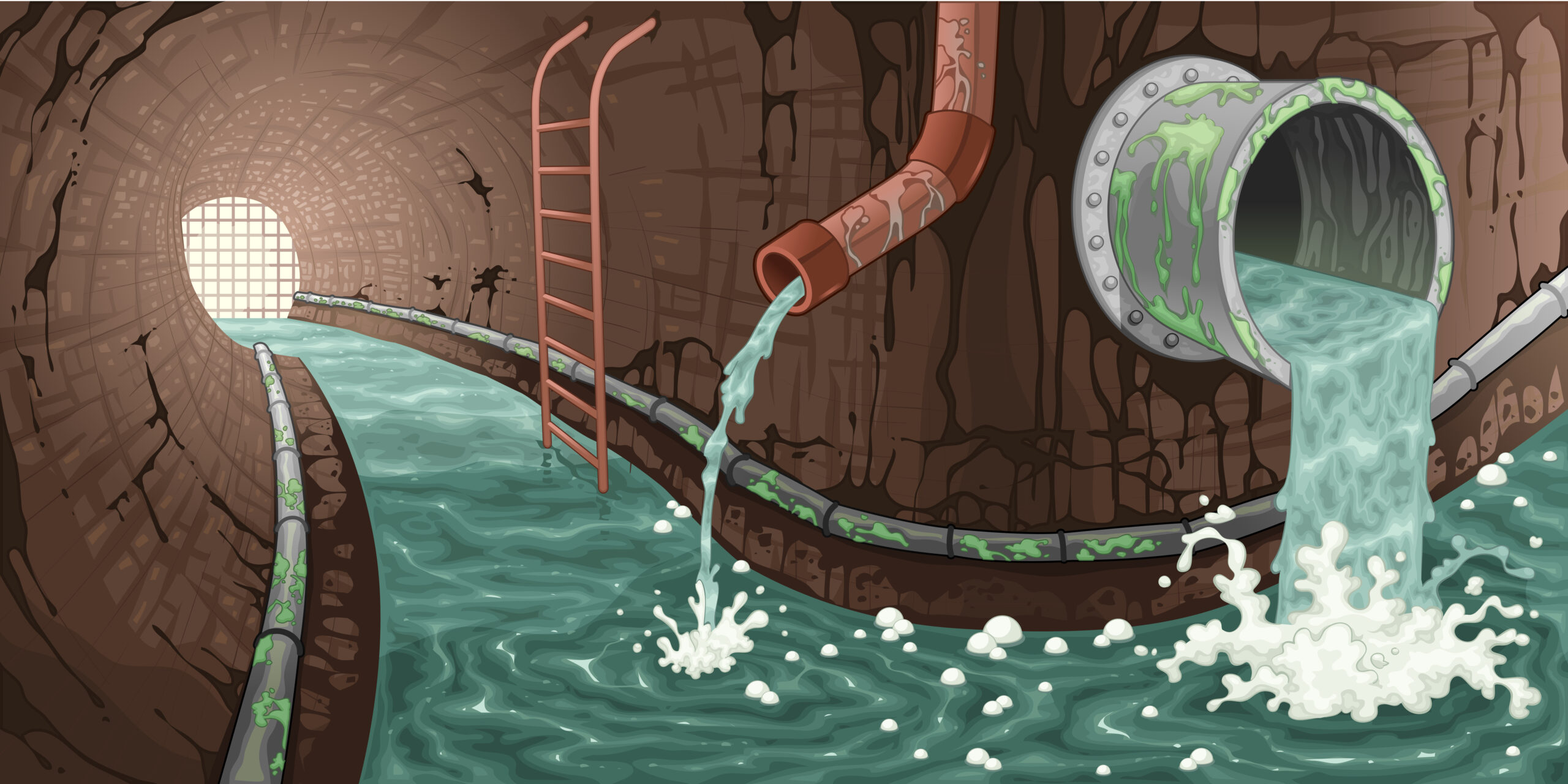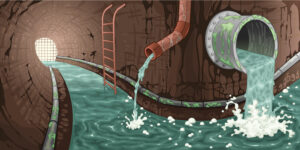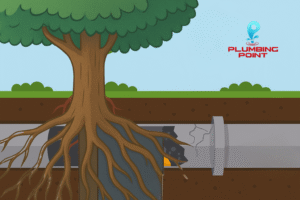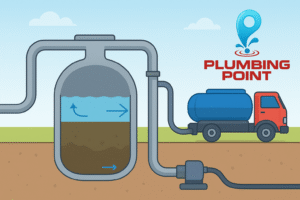|
Getting your Trinity Audio player ready...
|
Sewer backups are among the most dreaded plumbing issues a homeowner can face. They cause foul odors, property damage, and expensive repairs if left unchecked. Recognizing the early sign of sewer backup can save you time, money, and a lot of stress. But how do you know when your plumbing system is sending out warning signals? Let’s explore the top indicators that trouble is on the horizon and what you can do to prevent disaster.
Sign of Sewer Backup You Should Watch For
The first step to prevention is awareness. A sewer backup does not happen overnight; it usually builds up slowly with noticeable signs. Ignoring them often leads to an emergency situation that requires immediate professional help.
Being proactive means you’ll not only protect your home but also save yourself from costly restoration bills. Let’s break down the top three warning signs you should look out for.
1. Slow-Draining Sinks and Bathtubs
When your sinks, tubs, or showers take forever to drain, it’s often a red flag. While a single slow drain may indicate a localized clog, multiple slow drains around your home can signal a deeper issue in the main sewer line.
Why It Happens
Waste, grease, and foreign materials can build up in pipes over time. When these deposits accumulate in the sewer line, they restrict water flow, causing drainage problems across multiple fixtures.
How to Respond
If plunging or using a drain cleaner doesn’t solve the issue, the problem is likely more serious than a minor clog. At this stage, calling a professional plumber is the best move to avoid a full-blown sewer backup.
2. Gurgling Noises from Toilets and Drains
A common sign of sewer backup is unusual gurgling or bubbling noises coming from your toilet or drains. This occurs when trapped air has nowhere to escape due to a blockage in the sewer line.
Why It Happens
When wastewater struggles to move past an obstruction, air pockets form and push through the water, creating strange gurgling sounds. These noises often start subtly but become louder and more frequent as the blockage worsens.
How to Respond
Never ignore these sounds. Gurgling is often the final warning before wastewater starts flowing back into your home. Call a licensed plumber immediately to inspect and clear the blockage.
3. Unpleasant Odors Around Drains
Nothing signals sewer trouble faster than a foul smell lingering around your sinks, tubs, or basement drains. A properly functioning sewer system is airtight, meaning you should never smell raw sewage inside your home.
Why It Happens
Cracks, leaks, or blockages in the sewer line allow sewer gases to escape into your living space. Not only is this unpleasant, but it can also pose health risks if left unaddressed.
How to Respond
Don’t mask the odor with air fresheners or cleaning products. Persistent sewer odors are a major sign of sewer backup and require immediate professional inspection to prevent health hazards and costly repairs.
FAQs
What is the most common sign of sewer backup?
Slow drains in multiple fixtures are the most common and obvious sign that a sewer backup is developing.
Can a sewer backup resolve itself?
No, sewer backups don’t fix themselves. Without intervention, the problem will worsen over time and cause extensive damage.
Is gurgling always a sign of sewer backup?
Not always, but consistent gurgling from multiple drains usually indicates a blockage in the main sewer line.
Are sewer odors dangerous?
Yes, sewer gases can contain harmful substances like methane, which may cause health problems and should be addressed immediately.
How much does it cost to fix a sewer backup?
Costs vary depending on the severity, but professional sewer cleaning typically ranges from a few hundred to several thousand dollars for major repairs.
How often should I have my sewer line inspected?
Experts recommend an inspection every 18 to 24 months, or sooner if you notice early warning signs.
Conclusion
A sign of sewer backup is never something to brush off. Slow drains, gurgling noises, and unpleasant odors are all clear warnings that your plumbing system needs immediate attention. By acting quickly and seeking professional help, you can prevent costly damage, protect your health, and keep your home safe.




